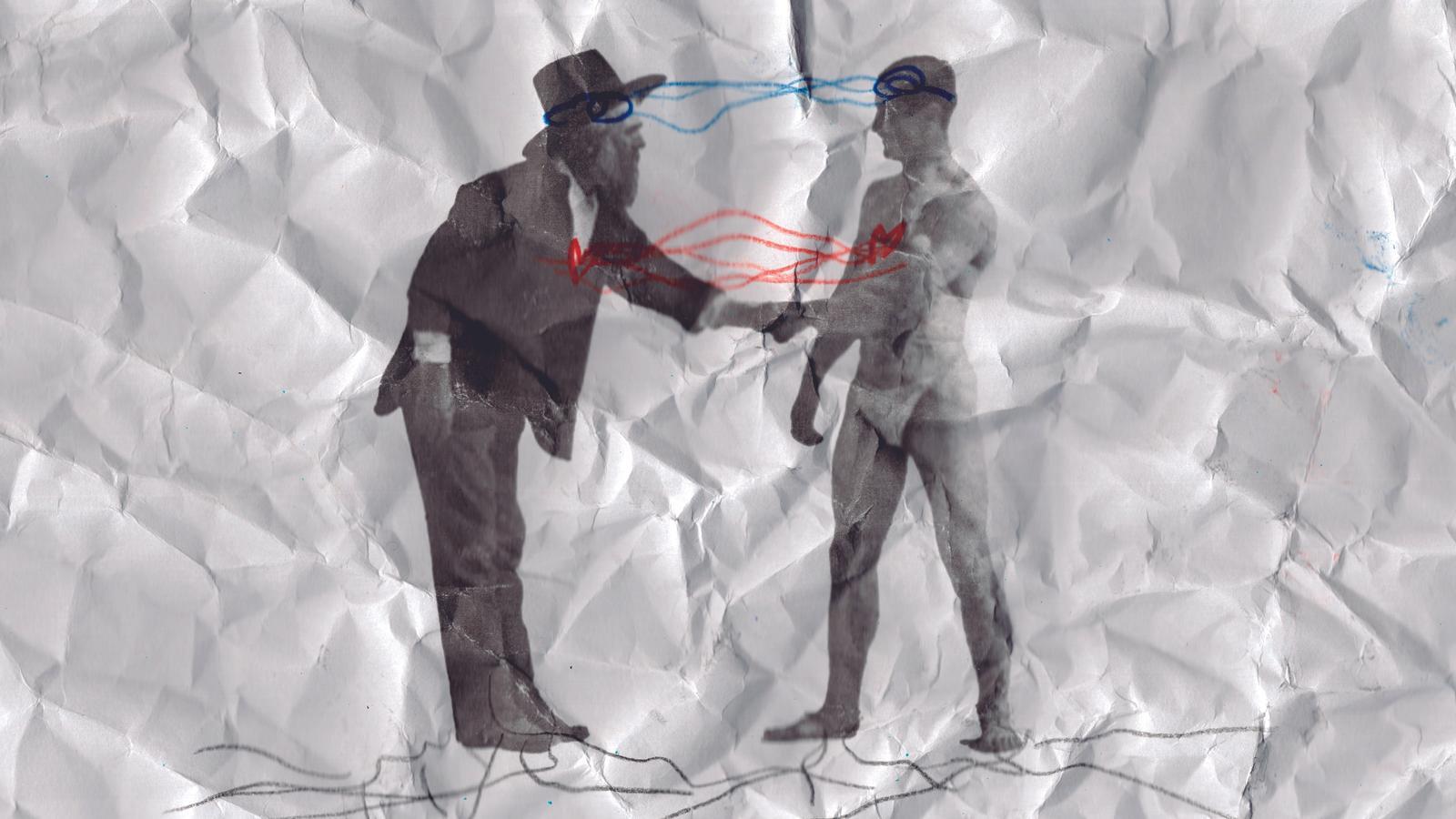The unexpected message to avoid rude people you may receive when making a reservation


This summer, the email confirmation for a table reservation at a restaurant was accompanied by a brief, powerful message in five different languages: "Given the significant increase in rudeness we've been experiencing lately, it seems essential to remind you that politeness and courtesy are required for everyone on our team." The request is so obvious that you start to wonder if you've reserved a table at a place that's prone to conflict for some unknown reason.
But the email hinted at the source of what could be causing tension. They explained in detail the process of assigning tables to their customers: in the order in which reservations are received. Since this is a restaurant with sea views and a sunset that makes everyone's cell phone go up, they clarified that those who reserve early get the best tables. Those who call in advance get an extraordinary first row, and those who call late get the ones at the back, with about twenty diners obstructing the view. The disappointment of some customers, when they're seated in the back row, provokes complaints and fits of indignation. Summer dramas.
However, the request isn't very different from what we've read on other occasions on signs on the walls of some customer service offices, reception desks, or on public transport. A symptom that courtesy is being lost, perhaps because some have considered it outdated. It used to be taken for granted, and now it must be explicitly requested.
Many years ago, a wise woman explained to me that she had the habit of addressing people with three times the deference required by the occasion. She had found that the results were always much more beneficial, not only for her, but also for her interlocutor. She claimed that courtesy changed the energy of the moment and even lasted throughout the day, ultimately impacting her personal and emotional well-being. There are studies that talk about the psychological debt that arises when someone treats you with more consideration than necessary, forcing you to reciprocate in kind. An extremely friendly waiter can earn larger tips and positive customer recognition. And a very respectful and prudent diner when addressing the staff serving them can receive friendlier service. But it's important to distinguish the nuances of what constitutes courtesy. There is a toxic courtesy that promotes differentiation and inequality. A kind of tacit pact that guarantees courtesy as long as the other person maintains a servile attitude. Positive courtesy, on the other hand, involves cooperation between both parties, seeking a common benefit.
The restaurant's reminder perhaps stems from the need to rebalance the scales of kindness to people who have forgotten it. The logical deference assumed in the hospitality industry and the "who pays the piper calls the tune" have perhaps led some people to believe they have the right to exercise power over the people who serve them, who become their vassals simply because they'll later tap their Visa card. They said we would emerge better from the pandemic, but instead, a generation of considered bad-tempered people seems to have emerged, who are everywhere and become more noticeable in the summer. Perhaps now signs are needed to remind us that courtesy and kindness are a game of shared responsibility.
